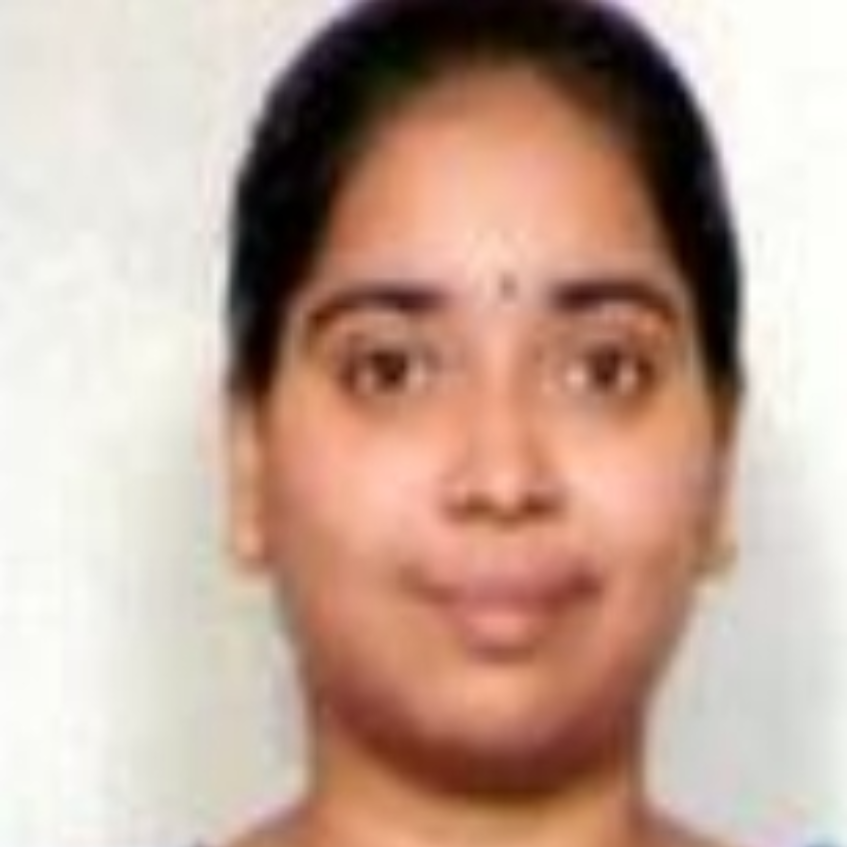International Journal of Wireless and Microwave Technologies (IJWMT)
IJWMT Vol. 9, No. 6, 8 Nov. 2019
Cover page and Table of Contents: PDF (size: 800KB)
Design of Adder Using Quantum Cellular Automata
Full Text (PDF, 800KB), PP.11-18
Views: 0 Downloads: 0
Author(s)
Index Terms
Full adder (FA), Majority Gate (MG). QCA cell.
Abstract
QCA is the trending technologies for designing less hardware and low power consumed circuits measured in Nano-scale. These QCA cells are accustomed to construct combinational and sequential circuits. In this paper we presented a design for developing a basic arithmetic unit called full adder using Quantum cellular automata. The new submitted FA consists fewer amounts of quantum cells and delay also minimizes, when compared with the existing architecture.
Cite This Paper
K.Sundara Rao, Mrudula Singamsetti, Vuyyuru Tejaswi, " Design of Adder Using Quantum Cellular Automata", International Journal of Wireless and Microwave Technologies(IJWMT), Vol.9, No.6, pp. 11-18, 2019. DOI: 10.5815/ijwmt.2019.06.02
Reference
[1]Lent.C, Tougaw.P, "A device architecture for computing with quantum dots”, Proceedings of the IEEE, vol. 85, pp. 541-557, 1997.
[2]Farazkish.R, Azghadi.M, Haghparast.M and Navi.K,"New Method for Decreasing the Number of Quantum-dot Cells in QCA Circuits," World Applied Sciences Journal, vol. 6, pp. 793-802, 2008.
[3]Oya.T, Asai.T, Fukui.T, and Amemiya.Y, "A Majority-Logic Device Using an Irreversible Single-Electron Box," IEEE Transactions on Nanotechnology, vol. 2, 2003.
[4]Navi.K, Farazkish.R, Sayedsalehi.S, and Azghadi.M.R, "A New Quantum-dot Cellular Automata Full-adder," Microelectronics Journal, vol. 41, p. 820826, 2010.
[5]Dutta.P ,Mukhopadhyay.D, "New Architecture for Flip Flops using Quantum-dot Cellular Automata," Proceedings of the 48th Annual Convention of Computer Society of India Vol II Advances in Intelligent Systems and Computing, Springer-Verlag, vol. 249, pp. 707-714, 2013.
[6]Mukhopadhyay.D,Dutta.P,Dinda.S, Designing and Implementation of Quantum Cellular automata 2:1 Multiplexer Circuit," International Journal of Computer Applications, vol. 25, no. 1, pp. 21- 24, 2011.
[7]Mukhopadhyay.D,Dutta.P, " Quantum Cellular Automata Based Novel Unit 2: I Multiplexer," International Journal of Computer Applications, vol. 3, pp. 22-25, 2012.
[8]Mohammadi.M, S. Gorgin, M. Mohammadi, “An efficient design of full adder in quantum technology”, Microelectronics Journal, No.50, pp. 35-43, 2016.
[9]Douglas.Tougaw.P, Lent.C.S, "Logical devices implemented using quantum cell Mar automata" Department of Electrical Engineering, Universi~ of Notre Dame, Notre Dame, Indiana 46556 (Received 28 July 1993; accepted for publication 26 October 1993)
[10]Navi.K, Sayedsalehi.S, Farazkish.R, Azghadi.M.R,“A new quantum dot cellular automata full adder”, Microelectronics Journal, no. 41, pp. 820-826, 2010.
[11]NuriddinSafoev and Jun-CheolJeon “Full Adder Based on Quantum-dot Cellular Automata” 2017 Manila International Conference on “Trends in Engineering and Technology” (MTET-17) Jan. 23-24, 2017 Manila (Philippines).
[12] Devi.T.R, “Implementation of adder by using QCA technology”, 1993
[13]Peer Zahoor Ahmad, Dr. Rafiq Ahmad Khan , Firdous Ahmad,B. Syed Muzaffar Ahmad, ,“Implementation of Quantum dot Cellular Automata based Novel Full Adder and Full Subtractor“ International Journal of Science and Research (IJSR)Volume 3 Issue 8, August 2014.
[14]Navi.K, S. Saedsalehi,Farazkish.R, Azghadi.M.R, “Five-input majority gate, a new device for quantum dot cellular automata”, J. Comput.Theor.Nanosci, vol. 7, pp. 1546-1553, 2010.
[15] Hashemi.S, Tehrani.M, Navi.K, “An efficient quantum-dot cellular automata full-adder”, Sci. Res. Esseys, vol. 7, no. 2, pp. 177-189, 2012.
[16]Snider.O, Amlani.I, Bernstein, Lent.C.S, Merz.J.L, Porod.W, “A functional cell for quantum dot cellular automata, Solid-State Electron ”, vol. 42, pp. 1355-1359, 1998.
[17] Jeon.J.C, “Low hardware complexity QCA decoding architecture using inverter chain”, International Journal of Control and Automation, vol. 9, no. 4, pp. 347-358, 2016.
[18]Ahmad.F, Bhat.G.M, Khademolhosseini.H, Azimi.S, Angizi.S,Navi.K, “Towards single layer quantum dot cellular automata adders based on explicit interaction of cells”, Journal of Computer Science, vol. 16, pp.8-15, 2016.


